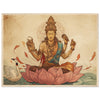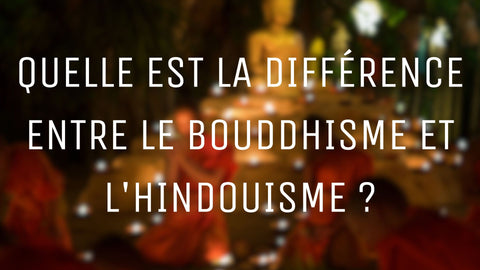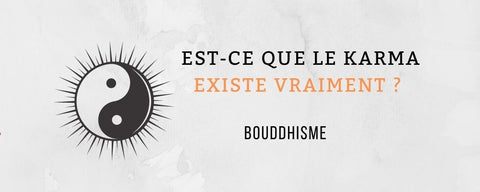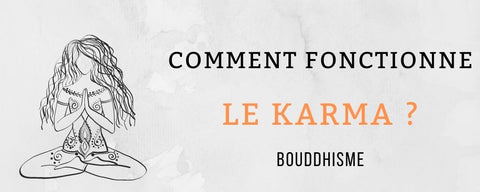
Buddhist religion
of reading
Buddhism, philosophy or religion?
the Buddhism is the victim of many mistakes: it would not be classified as a religion, but rather like a philosophy; Meditation would be reduced to mindfulness; And compassion would be only aspiration from the heart. Philippe Cornu, a Buddhist scholar, brought lighting on the subject.
Buddhism, according to Philippe Cornu, is a religion with a predominance of the "spiritual path" aspect, which focuses on the individual course. It has nothing to do with the institutional or social aspect of things. It is therefore not a religion of control of society.
It is a secular religion that does not venerate the gods, but it is not atheist: the gods are tolerated, but they are not adored. She defends the idea of presenting the world and to act. Rather than relying on standards and external edicts, it focuses on interiority and self-observation. She prefers to provide suggestions rather than establishing rules and commandments.
The goal of Buddhism is to harmonize me with reality. However, since we are all built on an erroneous understanding of our existence, we are dependent on all our preconceived and false ideas.
"Buddhism will give us nothing more than we already have."
We live in a culture that believes we must always have more. We are constantly in control, but it is clear that this is not the situation. It's about being in the present moment of our lives, precisely because we are rid of superfluous goods that do not bring us much.

Are there several Buddhism?
Philippe Cornu is a partisan of the only one. Buddhism may have many schools in Tibet, Japan and in other countries, there are still 5 or 6 major fundamental ideas that all Buddhisms share: the five precepts (austerity), the octuple path (view) Just) and the four seals.
The teachings of the Buddha can be checked by experience. Meditative practice and worldly practice provide evidence. If the Buddha said something correct, we should be able to check it with its lifetime rather than having to wait after death. To ensure the authenticity of this meeting, you must confront it with the theories presented in the text and check if still alive masters can guarantee your experience.

What the Nirvana is
Philippe Cornu qualifies the Nirvana of a blessed state of non-existence, which is defined as the removal of all the causes of suffering by a spiritual path. This is an ultimate gratification form obtained by eliminating the patterns of pain along the way.
It's accessible to all. The first step is to seriously experiment the Practice of Buddhism, the second stage being recognition, who is rooted with time. When all spiritual insights combine and solidify, you are at this point. You then reach the full Nirvana, which occurs at that time.
Buddhism and ego
In Buddhism, the ego is considered a form of activity. It's a process that starts when we do not know who we are and continues until we realized it. We identify ourselves with this self, which updates each time our thoughts, our sensations, our emotions change and our body is transformed. This me allows us to organize things to try to live as comfortably as possible.
When we let go of the belief of the "I", we are gradually erasing and naturally all the links that separate us into life. Our fundamental nature, the nature of Buddha, is a state of mind that is beyond time and external conditions. Philippe Cornu favors purification to construction since the awakening is unlimited.

Death in Buddhism
The disintegration of aggregates at the time of design and birth is what death is for Buddhism. Death is not the polar opposite of life, but rather the polar opposite of birth. When the energies are exhausted, which gathered disintegrates. However, according to spiritual logic, this form will disappear and be replaced by others. There is nothing wrong with death since it simply represents a change of appearance.
At the same time as physical constructions collapse, our mental creations collapse, and we reach a reduction in the complexity of the mind. This is called clear and bright mind or enlightenment in this context. To prepare for the ultimate passage, a tantric yoga practitioner can experience it.
In the Buddhist perspective, there is no place for reincarnation. This would imply that a substantial soul be transferred from one body to another, which makes no sense in this context.

The practice of meditation
Philippe Cornu hesitates full-aware meditation, which he perceives as an abusive use of Buddhist meditation techniques in order to improve relaxation and relieve pain. This has no value for anyone, if not the profit.
Meditation is the practice of working on our mind and disconnect all our negative reactions. Buddhist meditation, meanwhile, goes a little further.
If you are interested in the subject, you may be wondering how you convert to Buddhism ?



















